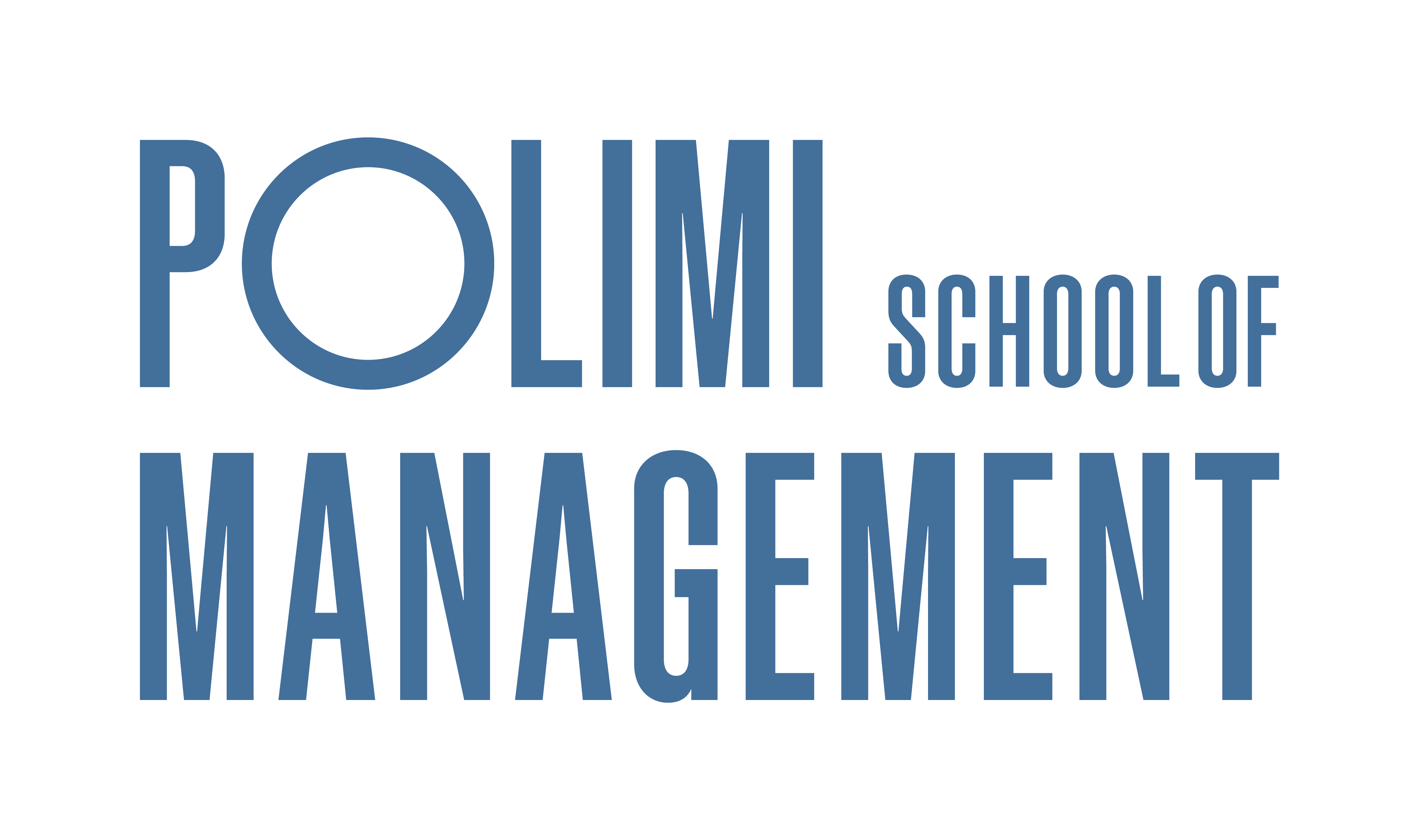
GERLI, F., CALDERINI M. & CHIODO V. (2021). “An ecosystemic model for the technological development of social entrepreneurship: exploring clusters of social innovation”
European Planning Studies from Routledge Taylor & Francis Group. Received 04 May 2021, Accepted 25 Oct 2021, Published online: 05 Nov 2021
Abstract
Social-tech enterprises are organizations that create social value by employing technological innovation as part of their value proposition. The complexity and the cross-institutional character which link technological innovation to social business models makes these organizations inherently ecosystemic in their necessity of developing dense interactions to enact their social and technologically innovative objectives. This paper investigates which ecosystem configurations can enable the technological development of social entrepreneurship. Indeed, the research analyses European clusters of social innovation to understand if clusters can represent a viable ecosystemic option to promote technology transfer and adoption by social enterprises. Results reveal that current social innovation clusters display peculiar features as the necessity of bilateral networking with specialized actors, the low weight attributed to physical proximity, and the scarcity and informality of technology transfer processes. These elements, which are not typically displayed by a traditional cluster model, suggest considering different ecosystemic strategies to actively promote the technological development of social enterprises or for reconceptualizing clusters towards a demand-side perspective. Despite such a claim, our evidence shows that specific cluster configurations involving openness, low specialization on social economy, high cognitive proximity and structured governance models may informally unleash the generation of jacobian externalities fostering technological development.






